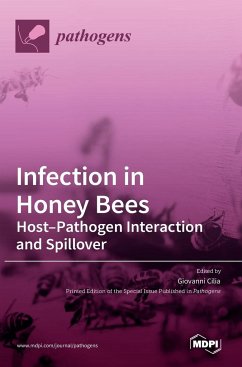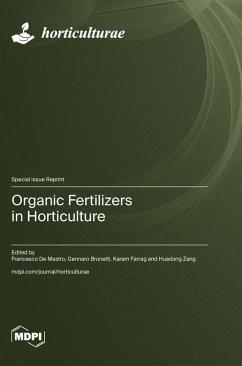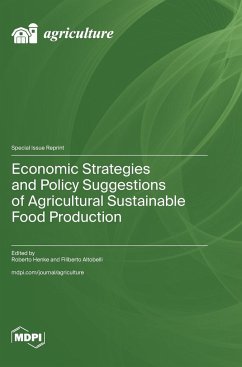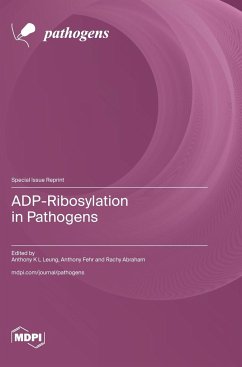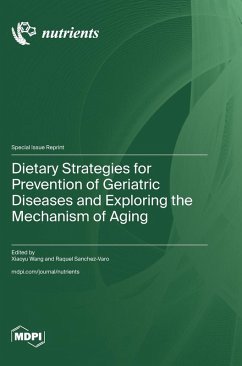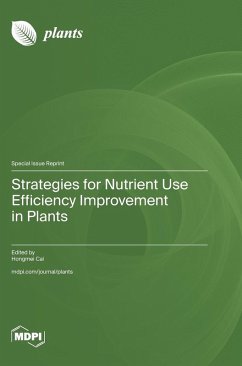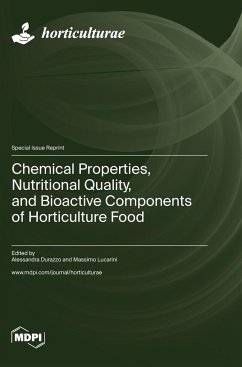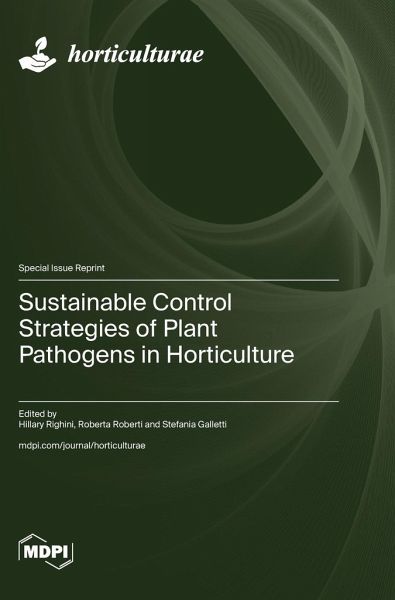
Sustainable Control Strategies of Plant Pathogens in Horticulture
Versandkostenfrei!
Versandfertig in 1-2 Wochen
93,99 €
inkl. MwSt.

PAYBACK Punkte
47 °P sammeln!
The use of pesticides has played a pivotal role in the control of destructive pathogens, particularly in horticulture. At present, recent regulations on plant protection are encouraging the adoption of alternative methods to synthetic pesticides due to concerns about environmental pollution, pesticide residues in agricultural products, and the development of pathogen resistance. As a result, the control of plant pathogens in horticulture is now facing new challenges as it strives to adapt to these new pathogen control strategies to meet consumer demand. This Special Issue contains the latest r...
The use of pesticides has played a pivotal role in the control of destructive pathogens, particularly in horticulture. At present, recent regulations on plant protection are encouraging the adoption of alternative methods to synthetic pesticides due to concerns about environmental pollution, pesticide residues in agricultural products, and the development of pathogen resistance. As a result, the control of plant pathogens in horticulture is now facing new challenges as it strives to adapt to these new pathogen control strategies to meet consumer demand. This Special Issue contains the latest research findings and future perspectives on the utilization of natural substances such as plant extracts or molecules, microorganisms, by-products, biocompost, and resistance varieties.







